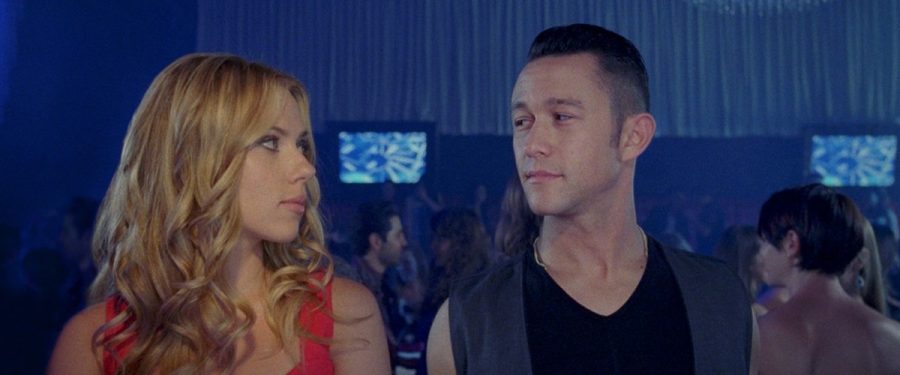Joseph Gordon-Levitt is a very busy man: he is an accomplished actor and runs the production company hitRECord. A majority of the female population would also argue his being attractive is a full-time job.
Now Gordon-Levitt has added the jobs of writer and director with his romantic comedy “Don Jon.” The film follows Jon (Gordon-Levitt), a Lothario who thrives on the routine of his family, church and porn addiction. This routine is shaken when he sets himself on the hunt for the provocative Barbara Sugarman (Scarlett Johansson).
The film is a strong first attempt by Gordon-Levitt, providing some insight in the nature of how institutions shape our ideas of gender roles. Yet by sacrificing analytical depth for fast pacing, the film is problematic and therefore fails to take the full plunge of becoming a progressive film.
In the beginning of this film, audiences are treated to a series of clips: porn, news, sitcoms and commercials. What these clips share in common are the conservative roles of women in society. They are portrayed as cuts of meat, something to be ogled at and to keep dirty old men glued to their couches. What the film points out right away is that reinforcing gender roles does not always have to be direct, like with pornography.
Reinforcement is also subtle. A powerful example is the scene where Jon and his family watch a fast food commercial. The commercial model is scantily clad, enjoying a private moment with a hamburger. Around the dinner table, audiences see a few different reactions: Jon’s father (Tony Danza) slurps his spaghetti, groaning, and Jon’s mother (Glenne Headly) attempts to avert her eyes, but she projects her desires to look sexy on the model.
This scene succeeds in demonstrating how these conservative notions of gender are reinforced. The family ogles the model, exploits her for their own gain, and she is not allowed to look back. There is an effort on Gordon-Levitt’s part to cast light on these cultural anxieties.
His film provides a space in which critical analysis is allowed to be cultivated. Going back to the film’s opening credits, where these clips fade into static, the intention is made to both critique and correct gender notions as portrayed in the film. After such a promising start, Gordon-Levitt’s analysis crashes to the ground.
By the end, the movie reinforces the very notions Gordon-Levitt seeks to deconstruct. The character of Barbara manifests these problematic themes. Her character incorporates elements of the Madonna and the whore binary in an attempt to create complexity. However, she quickly falls into the stereotype of the high maintenance businesswoman, seducing Jon into an ill-matched lifestyle.
Then there is Esther, played by Julianne Moore, who serves as a corrective to Barbara. Her unconventional attractiveness and demand for the mutual gaze once again provides some promise, but she is then locked into the maternal archetype.
When Jon and Esther—biblical name— finally have sex, light shines down on Esther, giving her a savior quality. Such scenes make this movie uncomfortable to watch. Audiences can sense the rush of analysis as Gordon-Levitt tries to tie up the movie into a nice little bow. In short, he sacrificed analysis for pacing. I doubt it was the right sacrifice.
“Don Jon” is a good film for the sake of entertainment and lighthearted comedy. Sadly, the beauty of this film is only skin deep.
Rating: 3/5
Reprinted with permission from The Moviola
[youtuber youtube=’http://www.youtube.com/watch?v=viz3VYp8pD0′]
Waiting for Intermission: Review of Don Jon
November 25, 2013
0


